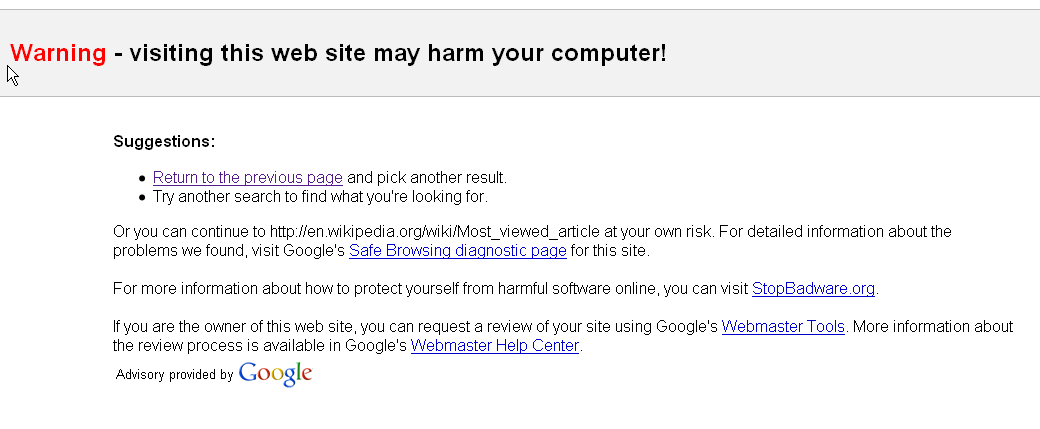Submitted by Ulrich Schrader on Sun, 2009-02-15 16:28
Nach einer Reihe amerikanischer Eliteuniversitäten bieten jetzt auch die ersten deutschen Universitäten Vorlesungen und Vorträge auf iTunes an:
Submitted by Ulrich Schrader on Wed, 2009-02-11 16:01

If you want to brush up on your English and want to learn and study at the same time, iTunes U might be the place to go. Several universities offer their courses or lectures freely on iTunes. Here is a collection. Please feel free to comment, if I forgot to mention another university.
Submitted by Ulrich Schrader on Wed, 2009-02-04 11:15
There is a great article by Diane Skiba on the use or twitter in education. She compiles a number of examples of the use of twitter in education from several blogs. I particularly like the ideas of the One-Minute Paper, Knowledge Probe, Muddiest Point, One-Sentence Summary, and What's the Principle? It can be extremely helpful that students have to restrict themselves to just 140 characters to express their thoughts.
Submitted by Ulrich Schrader on Mon, 2009-02-02 10:49
J Black shared on diigo this link to a flowgram by mseifman. In the flowgram (basically a slideshow with words) she very nicely explains concepts behing web 2.0 and some typical applications usable in education that are out there.
Submitted by Ulrich Schrader on Sat, 2009-01-31 15:49
I just did a Google search for a software tool, quicky clicked on one of the results and what happend? I got the following warning:

Wonderful! Google did alert me to a potential dangerous website. Going back to the search results I found that the alert was already given there, but I just did not read it thoroughly enough.

Submitted by Ulrich Schrader on Fri, 2009-01-16 09:57
The further development of Google Notebook, a useful tool for collecting, organizing, and sharing of web clippings is terminated (Details). While current users might still have access to the tool as is. This means practically that it is dead. Too bad, it was a very handy tool for the collections of resources during a research process. Does anyone know a good alternative?
Submitted by Ulrich Schrader on Wed, 2008-12-17 14:16
In the journal nature a commentary was published on December 7th this year that took a different perspective on the use of cognitive-enhancing drugs by healthy persons. While in the past it was mainly regarded as disuse, as doping, the perspective taken by authors from universities in the USA and the UK is that cognitive enhancement can be beneficial to the individual and even society. They argue that "we should welcome new methods of improving our brain function", if three ethical concerns are taken into account:
Submitted by Ulrich Schrader on Sat, 2008-12-13 15:00
Wichtiger Bestandteil einer wissenschaftlichen Arbeit ist das Zitat. Hierbei wird auf dem Gedankengut anderer aufgebaut, dabei ist es wissenschaftlich guter und geforderter Stil, dass der Urheber des verwendeten Gedankenguts angegeben wird. Jemand, der die Arbeit eines Studierenden - Hausarbeit oder Thesis - beurteilen soll, bewertet es in der Regel immer positiv, wenn Zitate verwendet werden, sofern diese auf die übliche Weise kenntlich gemacht sind.
Submitted by Ulrich Schrader on Fri, 2008-12-05 20:32
Submitted by Ulrich Schrader on Wed, 2008-12-03 18:24
Falls Sie nicht zur ENI 2008 kommen konnten, hier finden Sie im Blog "ENI 2008 - Der inoffizielle Blog" eine kurze Zusammenfassung einiger Vorträge. Diese wurden wieder, wie schon bei der ENI 2007, von Martin Lysser erstellt. Vielen Dank dafür. Man sieht, es war auch 2008 wieder ein interessanter Kongress.
Pages

